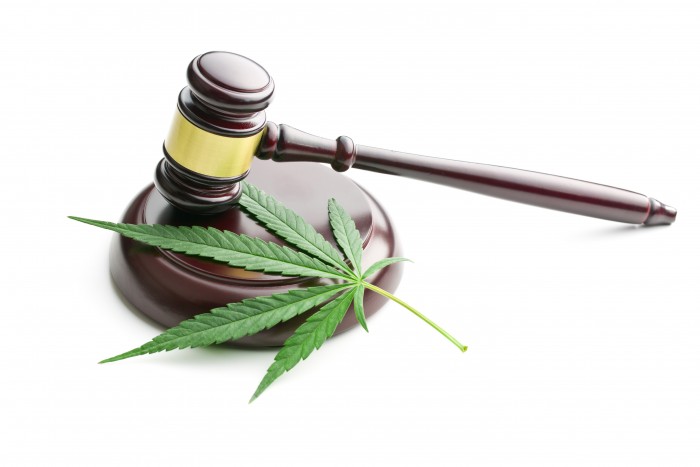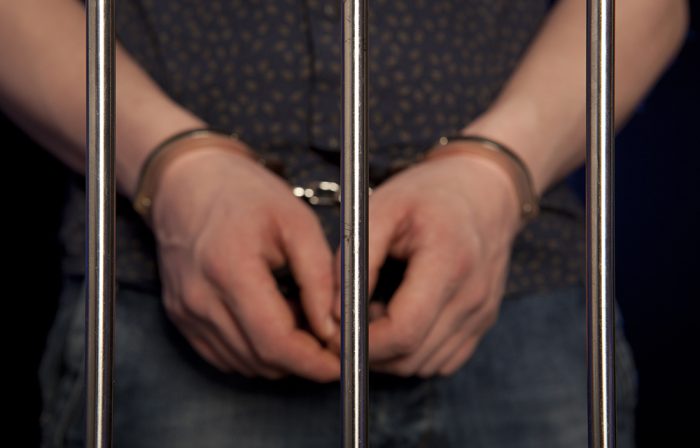pa senate
Watch This Week’s House and Senate DHS Budget Hearings
For members’ convenience, please find below the links to the House and Senate Department of Human Services (DHS) budget hearings. The House hearing is tomorrow, March 4, and will be starting at 10:00 am; the Senate hearing is on Wednesday, March 5, and will be starting at 9:30 am. Both hearings will be held the entire day, with a break scheduled for lunch.
If you have any questions, please contact Jack Phillips.
Senate and House Leadership Election Results
Harm Reduction Bills for Fentanyl Abuse OK’d by Pa. Senate Committee
PA Senate Passes SUD, Mental Health Confidentiality Bills; Monumental Changes Await Governor’s Signature
The Pennsylvania Senate today passed HB 1563 and HB 1561, sending the substance use disorder and mental health confidentiality-related bills to Gov. Wolf to sign into law. He is expected to sign both.
Both bills align Pennsylvania’s confidentiality laws with federal confidentiality laws, including 42 CFR and HIPAA. Barring a Gov. Wolf veto of HB 1563, Pennsylvania’s 4 Pa Code 255.5 will be eliminated.
Advocates of improved care coordination and integration have long pointed to 4 Pa Code 255.5 as a barrier, citing the limited amount of information allowed to be shared and the few entities with whom it could be shared, even with patient consent.















